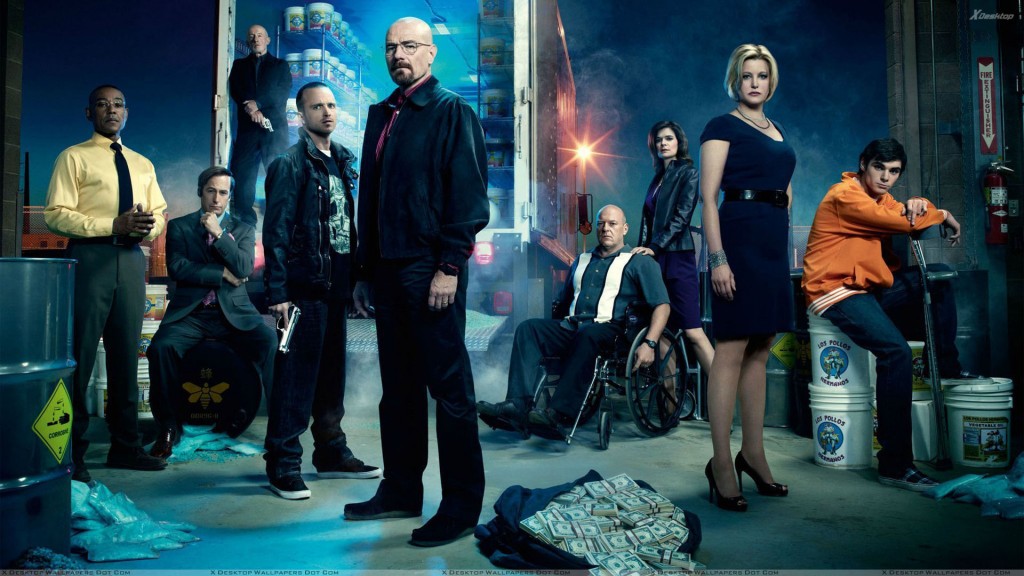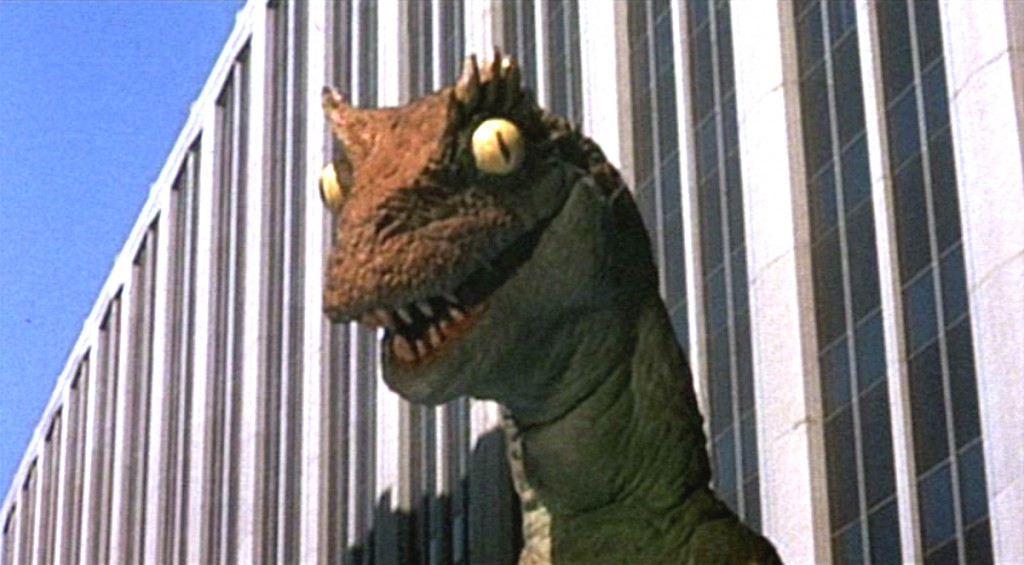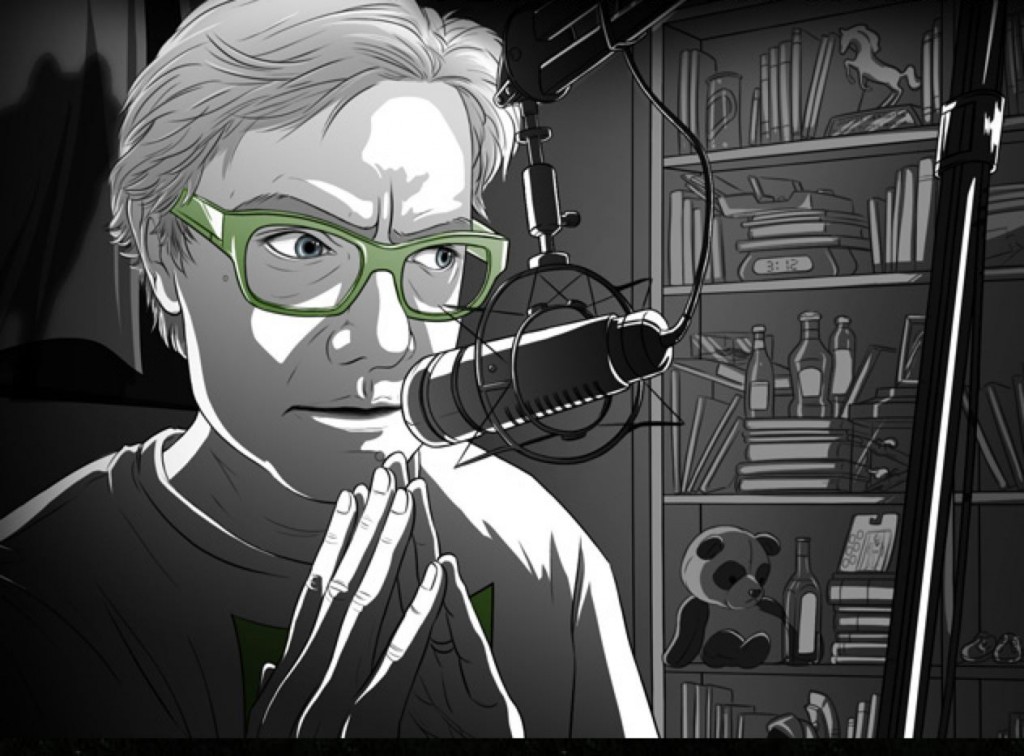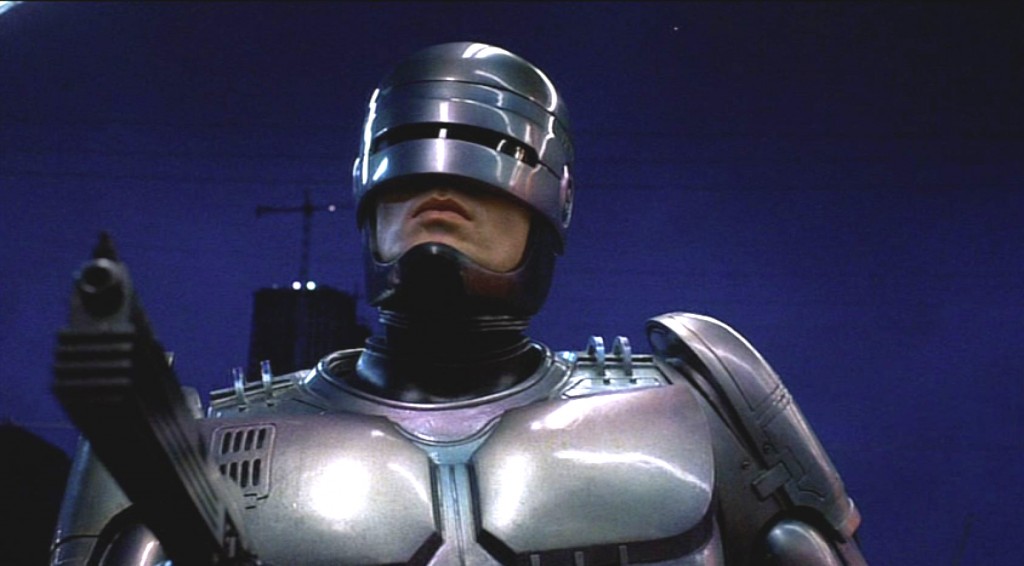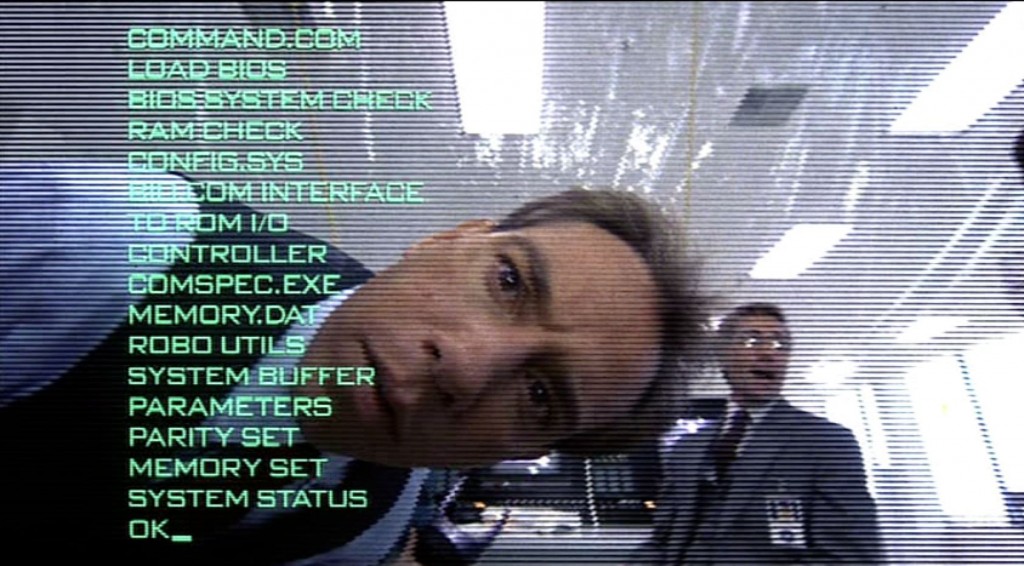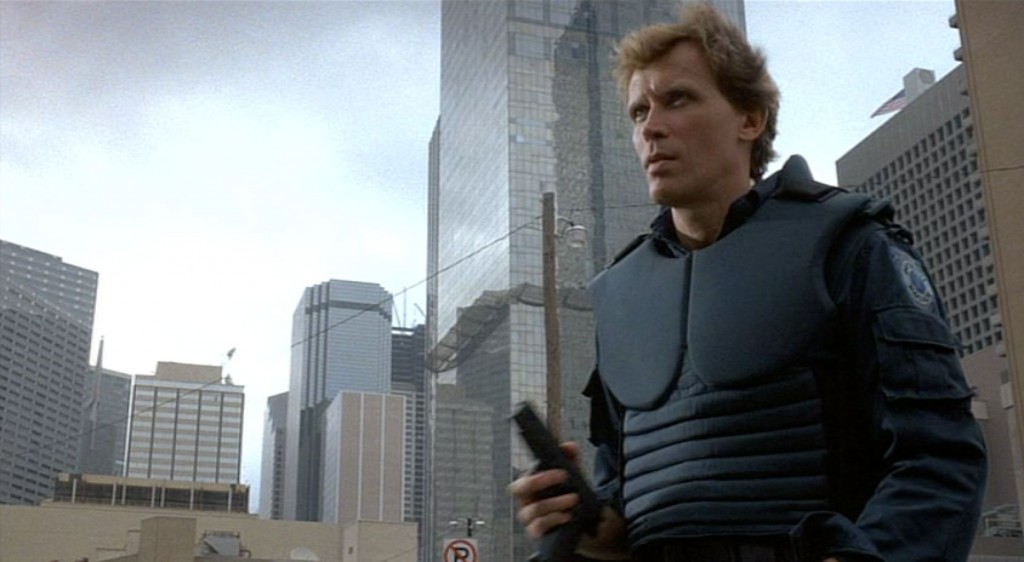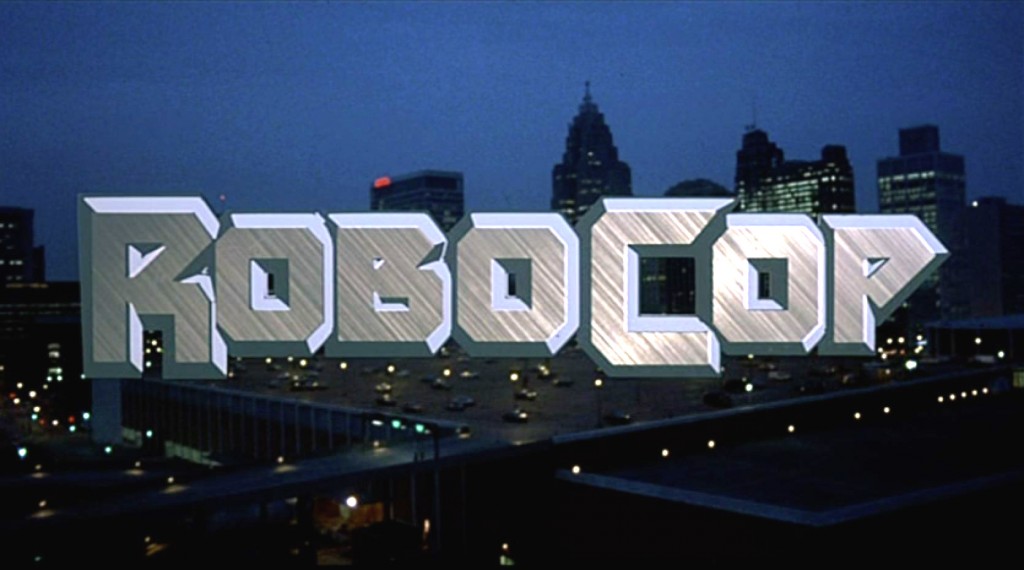Why zombies?
The current wave of zombie entertainment began with 28 Days Later, moved on to Zack Snyder’s remake of Dawn of the Dead, which spawned a remake of Day of the Dead, and, from George Romero, Land of the Dead, Diary of the Dead and Survival of the Dead. Pride and Prejudice and Zombies was a hit novelty book, and suddenly zombies were everywhere, culminating in The Walking Dead and now World War Z, which became a smash hit in spite of a wave of negative buzz.
Some thoughts on the state of screenwriting in 2013
It was a great weekend for American filmmaking. Gravity is a solid thriller, made by a great director, Alfonzo Cuaron, a man with a bold cinematic vision, backed by a fearless producer, David Heyman, who ushered Cuaron’s vision to the big screen, produced in collaboration with a huge studio, Warner Bros, who supported Gravity‘s vision and ushered it into theaters with a hugely effective marketing push. Miracle of miracles, the movie made a ton of money and will continue to do so. Because Gravity fulfills one of the essential qualities of commercial filmmaking in 2013: you gotta see it in a movie theater. This is a movie that will not be the same experience when you’re watching it on your phone while waiting in line at the grocery store.
Here’s the thing: in an ideal world, Gravity would be an average American movie. Why isn’t it?
Read more
Breaking Bad and the importance of plot
As Breaking Bad draws to its close, internet folk have deployed millions of pixels to dissect its meanings. All of which attention the show richly deserves. However, I haven’t yet seen an article describing what the show has meant to me, and to writing for television, so I’m going to write it now.
A note on The World’s End
Please do go to see The World’s End. Apart from being very funny and genuinely thrilling in the Shaun of the Dead mode (it’s almost Invasion of the Shaun Snatchers), it features a downright incredible performance by Simon Pegg as the worn-down burnout Gary King, whose life came to its peak in 1990 and who has been unable to move on since. Gary King could have been – and occasionally is – presented as a cartoon character, but Pegg makes him electrically alive. His performance is complex, detailed, incisive, lacerating and ultimately heartbreaking. If you only know Pegg as Scotty in Star Trek or Benji in Mission: Impossible, or even from Shaun or Spaced, those performances barely scratch the surface of what he’s capable of doing.
Favorite screenplays: Robocop part 5
It warms my analytic heart when filmmakers announce act breaks with devices, and Robocop does not disappoint. Each act begins with a news report and attendant commercials (as news is, lest we forget, just another form of entertainment in a corporate oligarchy). Act III begins with a commercial for a car, the 6000 SUX, done in the style of The Beast from 20,000 Fathoms, yet another low-budget film reference to let cinephiles know they’re dealing with a self-aware, intelligent satire. The dinosaur in the car commercial terrorizes the city streets until it’s dwarfed by the advertised car. The joke, of course, is not just that the car is huge, but that the huge car out-dinosaurs an actual dinosaur. (It’s also fueled by dead dinosaurs, if you want to take its dominance that far.)
New Getting On with James Urbaniak
James Urbaniak has a new podcast up, written by me, titled “Old Girlfriends” available at your local internet machine. It is a must.
Favorite screenplays: Robocop part 4
I did something of a disservice to Murphy when I said he gave up his protagonist status at the beginning of Act II of Robocop. What happens is something a little more subtle. Lots of superheroes undergo a transformation at the end of the first act of their origin stories, but few completely forget their previous identity. What happens to Murphy is that he falls into a kind of slumber, and in that slumber he dreams of being the kind of cop he’s always wanted to be: strong, resourceful, unfailingly just, and wicked cool. He wants to be TJ Lazer, essentially, he wants to be a TV cop, and Morton’s Robocop program gives him the chance to do that. The price he pays is his identity as Murphy, good husband and father. This is, the screenplay suggests, the bargain we all make when dealing with a corporate oligarchy: we gain a smidgen of that corporation’s power, but we give up our total identities as individuals in return. At the supply side, we become product, at the demand side we become consumers.
Favorite screenplays: Robocop part 3
Act I of Robocop begins with a television show, and contains references to other television shows. Act II also begins with a television show, except this time the viewer is the camera and the show is the real world. We are through the looking glass, as it were, in our view of this futuristic dystopia. Again, the exposition is delivered straight to the viewer and with plenty of wit and satire to lighten the load.
Favorite screenplays: Robocop part 2
Murphy is a simple man who has been drafted into a complex, dangerous world. When we catch up with him at the fourteen-minute mark, he’s practicing his gun-twirling. Why is he practicing his gun-twirling? Murphy explains to spitfire partner Lewis, because there is a cop on TV, T.J. Lazer, who is a “good cop,” and whom Murphy’s son loves. So in the space of twenty seconds or so, we learn that Murphy is a dedicated father, loves his son, wants “to be good” for the sake of that son. The bashfulness with which he describes this intimacy to Lewis indicates that he is also in love with his wife. This is without staging a “family scene” that would dramatize all this. Again, that’s probably due to budget, since the screenplay is telling instead of showing, but it has a dramatic payoff: the screenplay, like Murphy, at this point takes his happy family for granted. He’s good, his son is good, his wife is good, he sees people as good, he’s about to get a lesson in how bad people can be. Like Jason Bourne, Murphy will be forced to rediscover who he is, and for the most part the viewer will be put in the place of the protagonist, which is an ideal place for a viewer to be.
Favorite screenplays: Robocop part 1
The first and last question of any screenplay is “What does the protagonist want?” But sometimes it’s necessary to first define the world the protagonist lives in. This can be done a number of ways. In the low-budget movies of Roger Corman or William Castle, sometimes the movie begins with a simple monolgue straight to the audience. It’s cheap but effecient, and it forges a bond with the audience that “cooler” movies don’t. The filmmaker, in effect, makes a deal with the audience, saying: Look, I don’t have a big budget or fancy stars, all’s I got is ideas, work with me here.
Robocop isn’t quite that low-budget, but it does the next-step-up version of that: it opens with a TV news report. The smiling TV anchors tell us the days news: South Africa is going nuclear to preserve white control of the country, the president of the US stages a press conference from the orbiting space station with hilarious results, and police officers in Detroit, which has a privatized police force, are being slaughtered by a group of ruthless gangsters. The TV report, revving for maximum efficiency, goes so far as to name the movie’s chief antagonist, Clarence Boddicker, and its secret ultimate bad-guy, Dick Jones. Jones, the new leader of the new corporate-owned Detroit police force, expresses no sympathy for the policemen slaughtered on his watch. “If you can’t take the heat, stay out of the kitchen,” he advises any police officers who might object to being out-gunned by madmen. The TV news report also lays in a layer of knowing satire on the narrative, letting us know that it’s going to look at this world from a skeptical stance. It accomplishes the same thing as the Corman voice-over, it takes the audience aside and lets it know, quickly and cleanly, its attitude toward its genre and narrative.
(Speaking of low-budget exploitation movies, I assume Clarence Boddicker is named for Budd Boetticher, the great director of tight-lipped westerns.)



